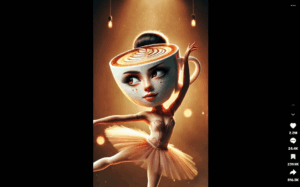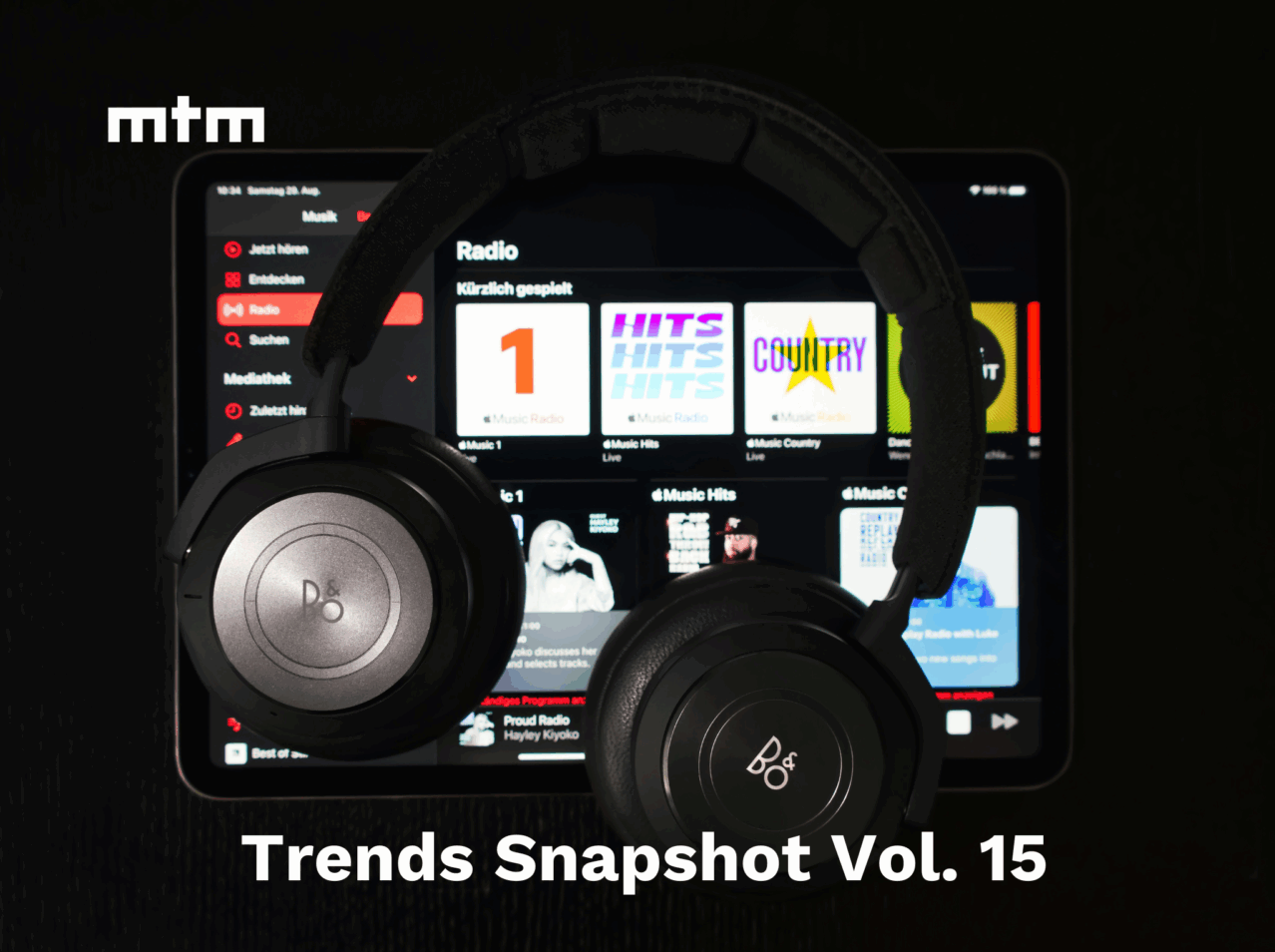This month: Gen Z are reaching for a cool, crisp ‘fridge cigarette’, it’s yuppie aesthetics summer, and are sitcoms the future, the past, or both?

Preserving expertise
In a world brimming with information, discerning genuine expertise from persuasive rhetoric has become increasingly challenging. We’ve seen a rise in “fake experts”–individuals who gain significant online traction, particularly on platforms like YouTube, by presenting themselves as authorities on complex topics, often while critiquing ‘mainstream’ understanding. Figures like Graham Hancock in archaeology or Eric Weinstein in physics exemplify this, attracting large audiences by framing themselves as anti-establishment voices. This phenomenon raises concerns about public understanding and trust in legitimate experts.
However, innovation is stepping in to address this credibility gap. AI startups are emerging with solutions to help re-establish genuine knowledge. Take Delphi, for instance, an AI platform that allows real experts to transform their accumulated knowledge into interactive chatbots. This technology aims to preserve verified information that gives audiences a dynamic way to engage with credible voices. For businesses and media, this highlights a critical opportunity to leverage AI to authenticate and amplify expert voices, ensuring that trustworthy information can cut through the noise.
Music streaming’s transparency turn
The rise of AI-generated music has presented a growing challenge for streaming platforms and artists alike. With concerns ranging from copyright breaches—where artists’ existing works are used to train AI models without consent—to artists having to compete with AI tracks for coveted spots on popular playlists, the landscape is becoming increasingly complex. This competition directly impacts human artists’ play counts and, consequently, their income from streaming.
In response, music streaming service Deezer is stepping up to the plate by introducing AI song tags. This move aims to increase transparency around AI-generated content, allowing users to clearly identify when a track has been created using artificial intelligence. This is more than just a label; it’s a critical step towards re-establishing trust and fair play in the digital music ecosystem. By providing this clarity, platforms can empower listeners to make informed choices and, importantly, support human creativity in an increasingly automated world.

Source: @cloudlando on TikTok
Gen Alpha absurdity
A delightfully absurd trend is captivating Gen Alpha on social media: Italian brain rot animals. We’re talking about creations like ‘Chimpanzini Bananini’ and ‘Ballerina Cappuccina’ that are proliferating TikTok–animals given whimsical, Italian-esque names that evoke a sense of playful nonsense. Series featuring them have millions of users following the storylines and relationships of these bizarre characters.
What does it tell us about social media’s youngest users? Their absurdist sense of humour and appreciation for banal forms of storytelling presents opportunities for brands to lean into these traits in their own campaigns in ways that hook youth audiences into all kinds of fantastical creations and narratives around them. Embrace the wonderfully weird.
Curious about trends?
Want to know more about something we’ve spotted?
Let us know!
